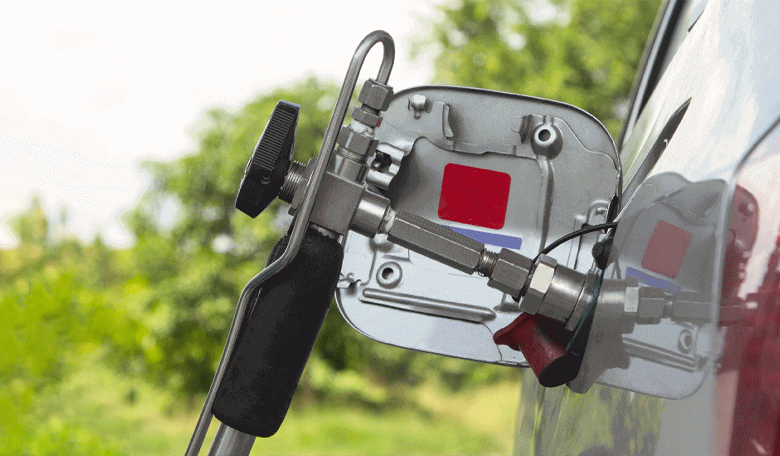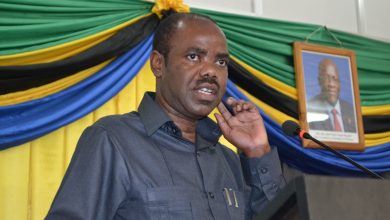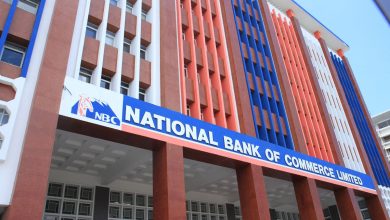Stakeholders stress regular CNG vehicle inspections

DAR ES SALAAM: INDUSTRY stakeholders have underscored the need for regular inspections of vehicles powered by Compressed Natural Gas (CNG), describing the measure as vital for ensuring safety standards and sustaining public confidence in the growing technology.
Jampion CNG Inspection Services Director and Certified CNG Inspector, Mr John Enock, said vehicle inspections are essential, noting that the use of CNG is still new in the country and involves handling highly pressurised gas cylinders.
“Inspectors carry a huge responsibility for ensuring the safety of all CNG-powered vehicles. This is a sensitive area and the entire project could be at risk if inspections are not taken seriously,” he said.
Mr Enock said that the number of certified CNG vehicle inspectors has now reached about ten and continues to grow as more officers undergo training. He said the inspection process involves checking cylinder conditions, gas flow systems and safety fittings before issuing an identification sticker.
“Gas cylinders have an expiry period of between 15 and 20 years depending on the material. If a cylinder has expired or a vehicle gets involved in an accident, the risk is high and that responsibility falls under inspectors. We must ensure every vehicle is safe before it gets back on the road,” Mr Enock said.
According to him, inspections are carried out with strict standards and any inspector found negligent faces penalties of up to 20m/- or three years in jail.
ALSO READ: Treasury Registrar unveils eight targets to transform public entities by 2030
He noted that the inspection fees which are set at 30,000/- to Bajaji and 50,000/- for vehicles are determined based on the size and type of work done.
“Some drivers complain that the cost is high, but this depends on the scope of work. They do not know the risk we are facing in case of any mistake,” adding also we use tools which are very expensive as this technology is new in our country.
Also they have to know that we are also paying tax through their payments.
He added that the CNG inspection initiative is still under monitoring and operates according to established inspection bylaws.
Dar es Salaam Institute of Technology (DIT) Specialist Agapatus Gurti said the current inspection fee during the initial conversion is 100,000/-, while follow-up inspections every six months cost 50,000/- for cars and 30,000/- for Bajaj.
He added that the inspection fees could be reviewed through consultation with stakeholders to set rates that are fair and sustainable.
However, the Energy and Water Utilities Regulatory Authority (EWURA) clarified that it is not responsible for setting inspection fees. “Our mandate is clear under the law and focuses on fuel and gas regulation,” an EWURA official said.
Meanwhile, several Bajaj riders in Dar es Salaam expressed concern over inspection costs. Mr Marijan Othman, a rider from Buguruni, said paying 30,000/- every six months was too high.
“I have done six inspections since 2022 and they only check and issue a sticker. I think 10,000/- would be fair,” he said.
Another rider, Ms Donatha Michael from Gongo la Mboto, echoed the same concern, saying they are not sure where the inspection fees go.
“Without a valid sticker, you cannot buy gas, so we have no choice. The system should be more transparent,” he said.






ROBERT BROWN.
What Mr John Enock said is very important, I have personally consulted him two months ago. He inspected my vehicle and educated me on this new technology. He is a very nice guy